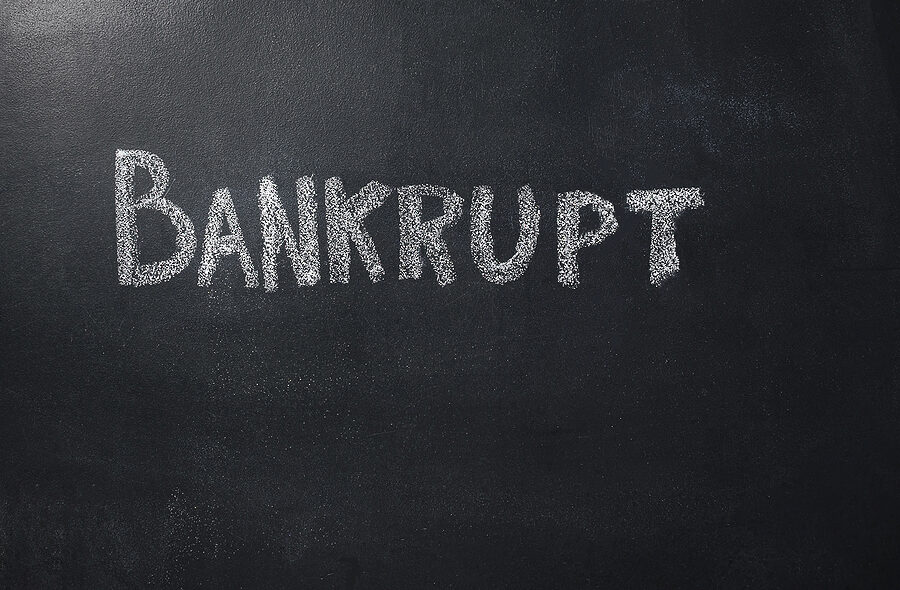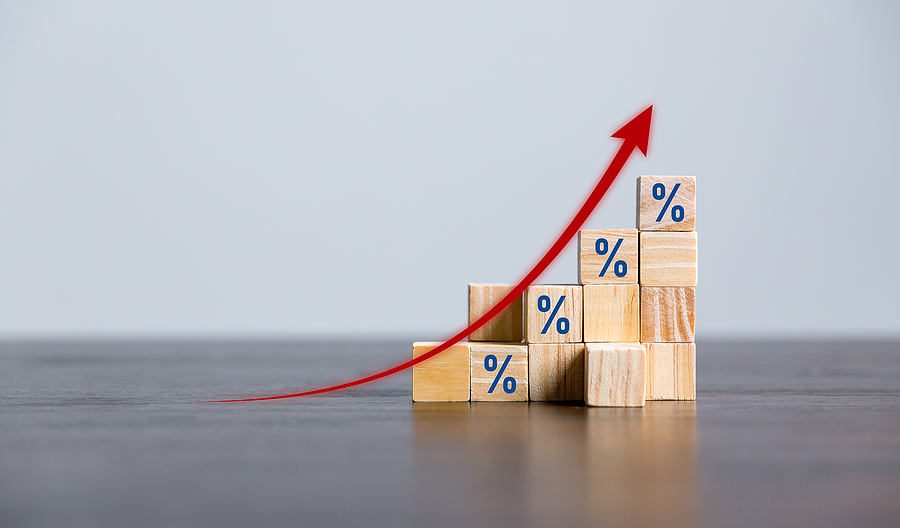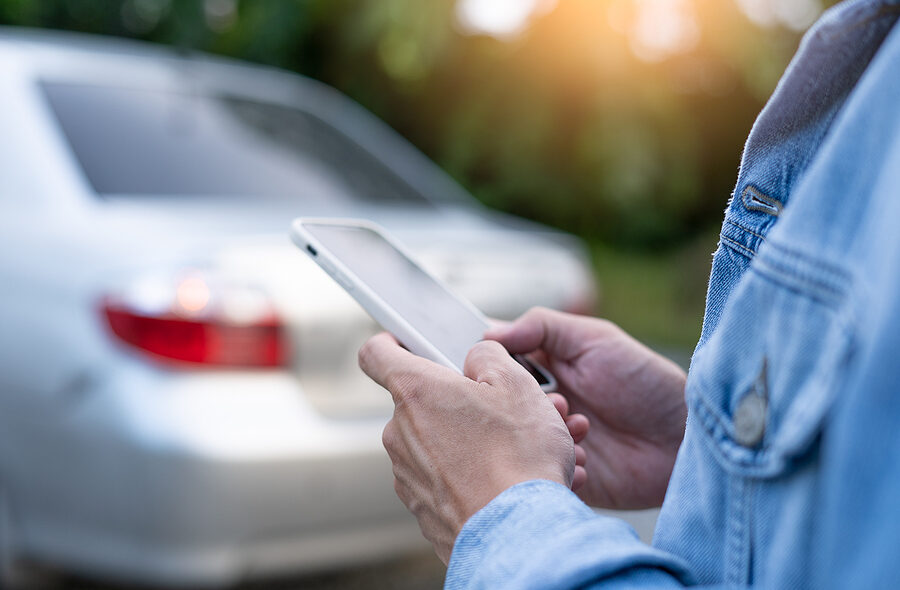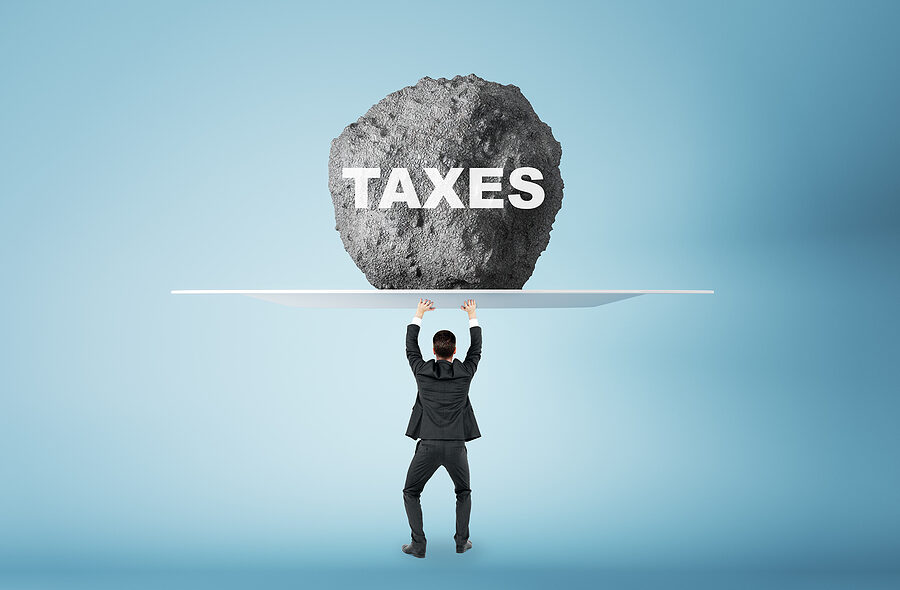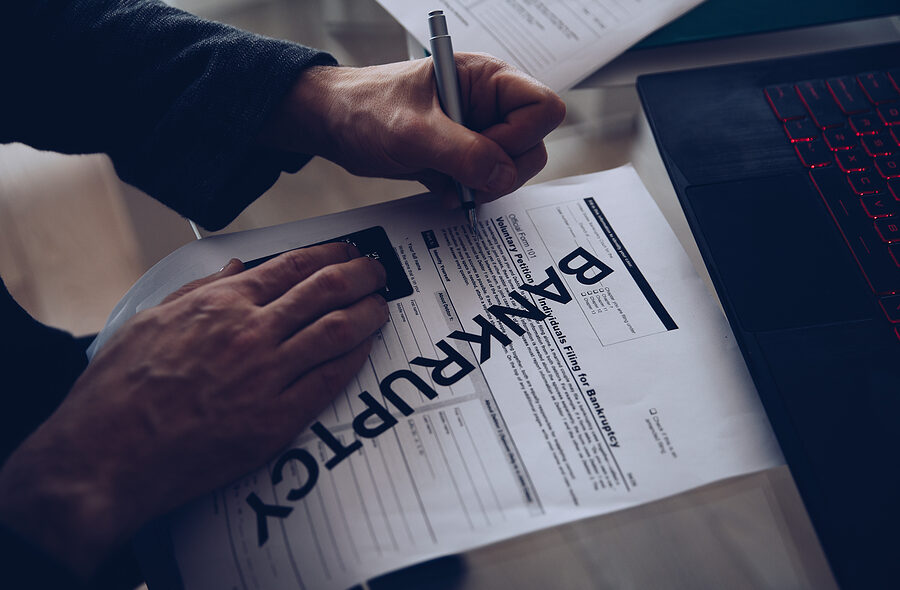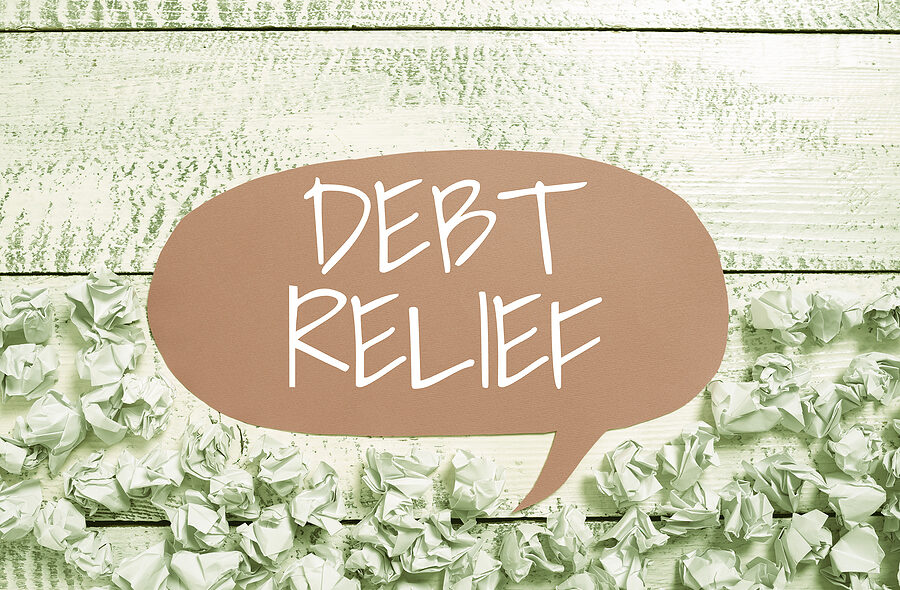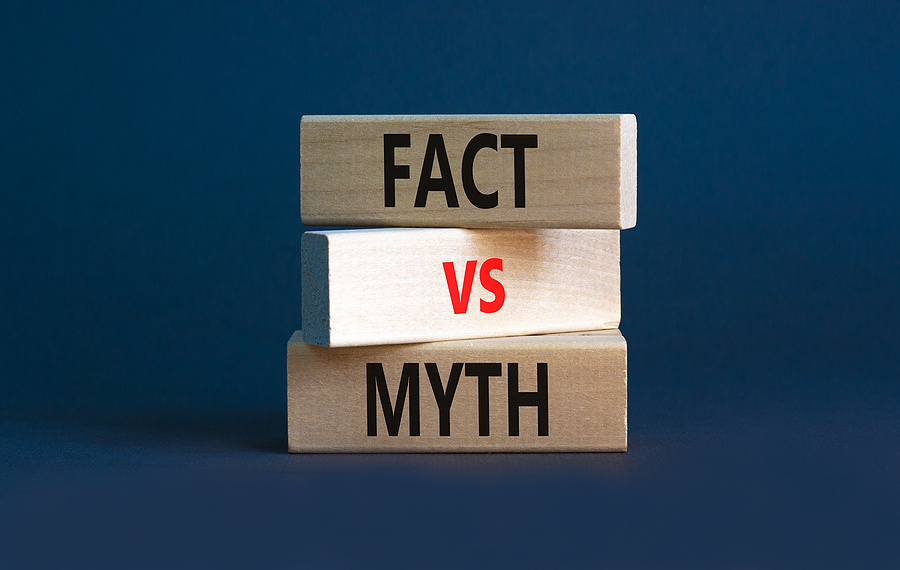The number of bankruptcy filings across the U.S. are on the rise. Common reasons that people file for bankruptcy include loss of income, medical bills, a mortgage payment that is too high, spending beyond their means, or lending money to loved ones.
Many times, it is not just one simple cause, but rather a combination of factors that contribute to why someone has filed for bankruptcy. Here are some common reasons people file bankruptcy.

